New Delhi: The Royal Marsden NHS Foundation Trust has partnered with NTT DATA and CARPL.ai to pilot an artificial intelligence (AI)-powered service aimed at evaluating medical imaging tools for cancer detection within the NHS.
The collaboration seeks to assess how AI can support research in identifying and diagnosing cancers more effectively, with the long-term goal of improving clinical decision-making and patient outcomes.
AI to Support Research on Multiple Cancer Types
Funded by a three-year grant from the UK’s National Institute for Health and Care Research (NIHR), the initiative focuses on cancers such as lung, breast, brain, prostate, and sarcoma. Research will be conducted in collaboration with the Institute of Cancer Research (ICR), using anonymised data to assess the accuracy and efficiency of AI tools in a clinical research setting.
The service will test multiple AI models through a centralised clinical imaging platform operated by NTT DATA and orchestrated using CARPL.ai’s machine learning operations (MLOps) system. This includes the use of high-performance Dell servers equipped with advanced GPU capabilities for managing complex imaging workloads.
Focus on Evaluation, Not Deployment
The primary goal of the partnership is to create a controlled research environment where AI models can be rigorously tested, rather than deployed directly in patient care. This enables researchers to evaluate performance metrics over time, identify gaps in clinical utility, and determine readiness for eventual NHS integration.
Professor Dow-Mu Koh, Consultant Radiologist at The Royal Marsden, noted that the project is designed to explore AI’s potential in cancer diagnostics, stating, “The scalable platform allows us to evaluate new tools systematically while ensuring patient safety during the research phase.”
Government and Research Stakeholders Voice Support
UK Minister of State for Health, Karin Smyth, emphasised that this trial aligns with broader NHS modernisation goals. “It’s an example of academia, the health system, and industry coming together to explore digital transformation in early cancer detection,” she said.
Professor Mike Lewis, NIHR Scientific Director for Innovation, added that the research supports national efforts to address cancer mortality through improved diagnostic infrastructure.



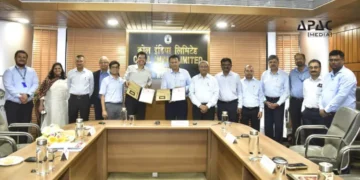


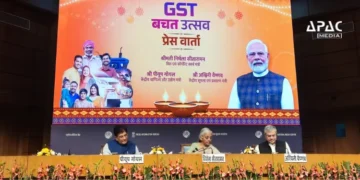
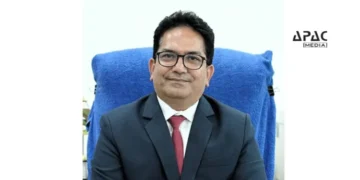
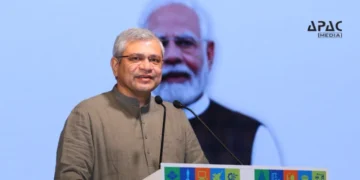



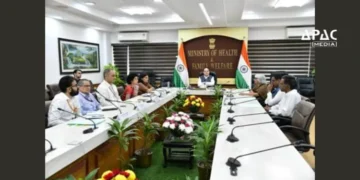
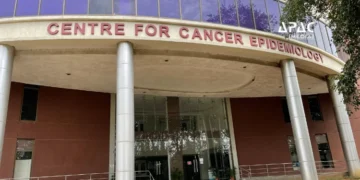

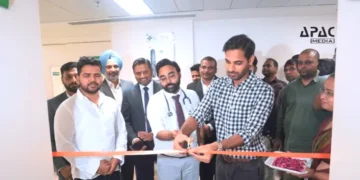


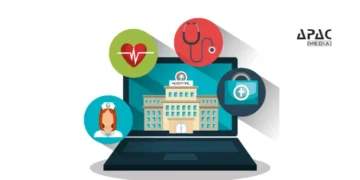
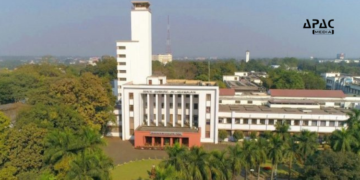


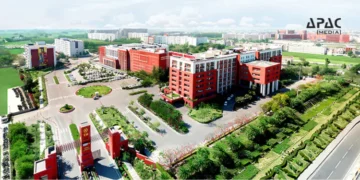
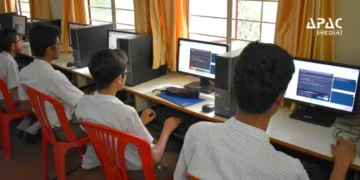
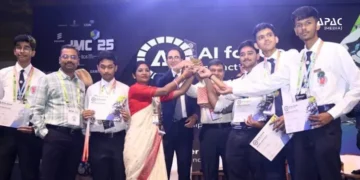
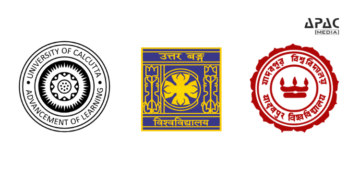
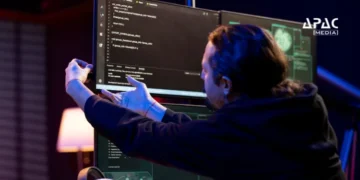




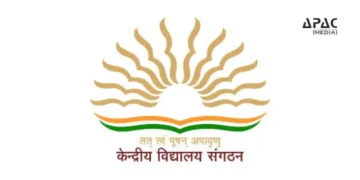


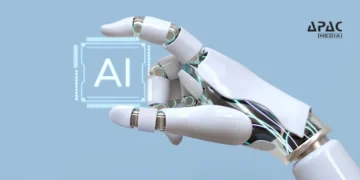

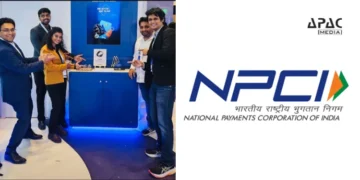




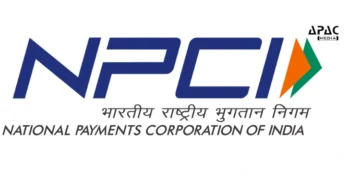
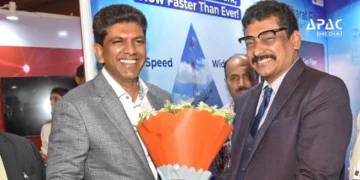

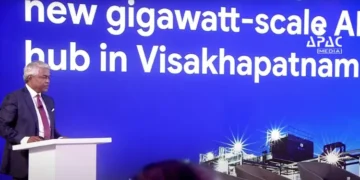
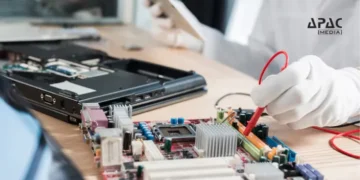

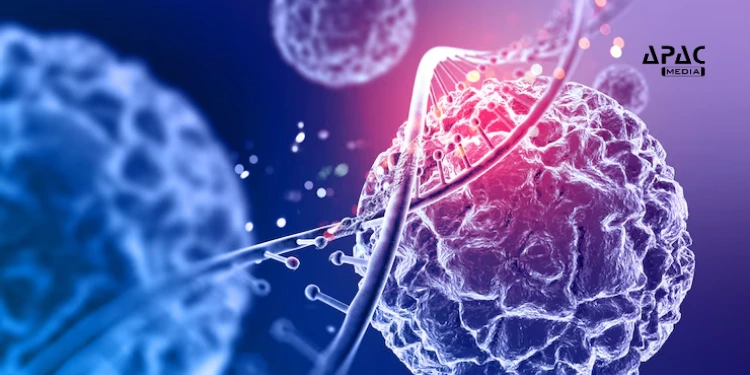

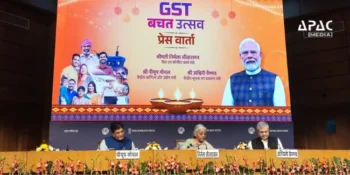











Discussion about this post